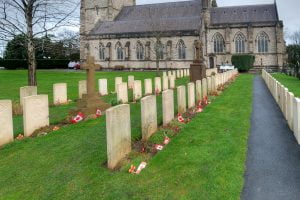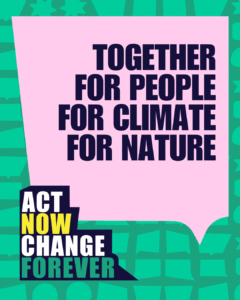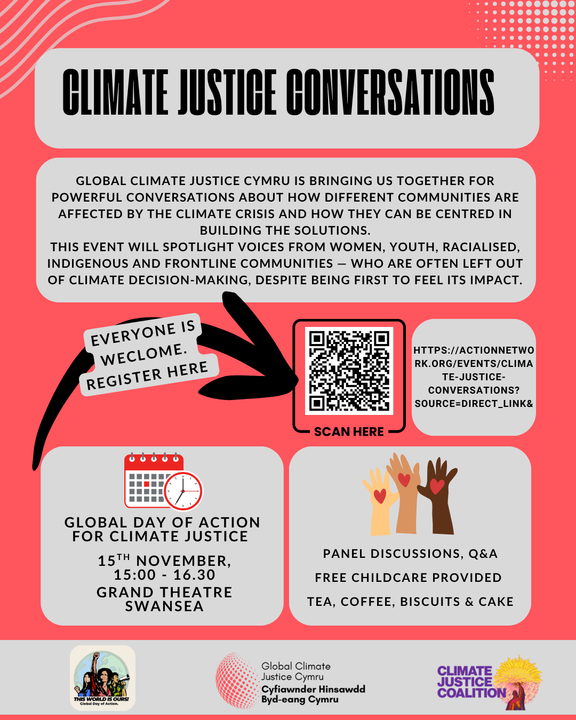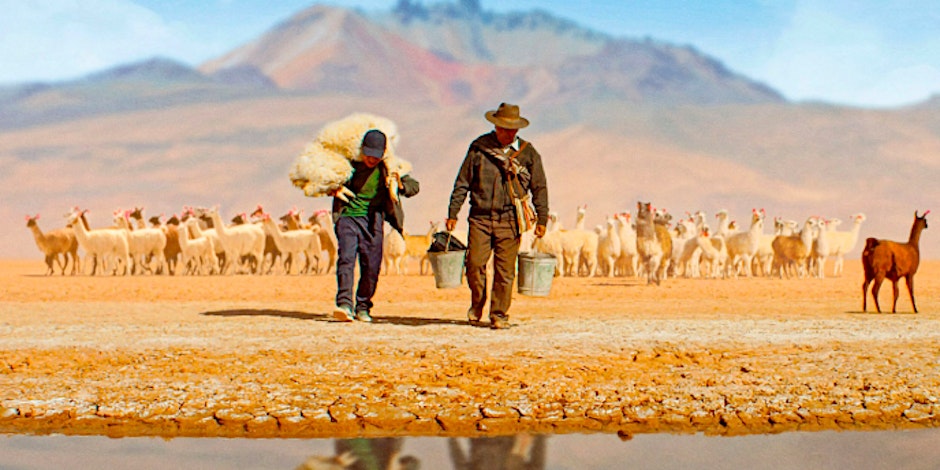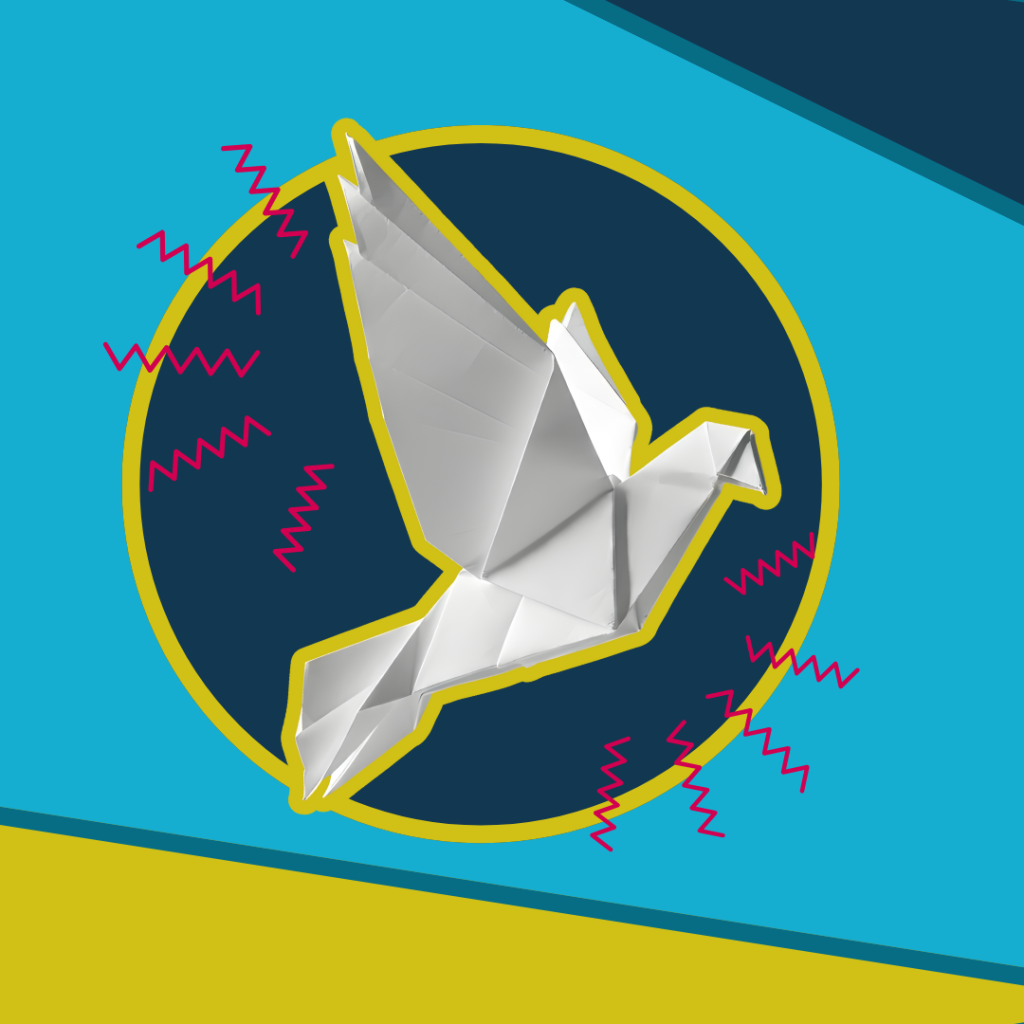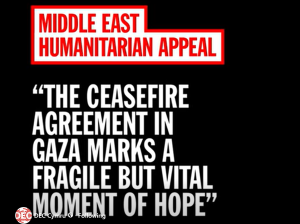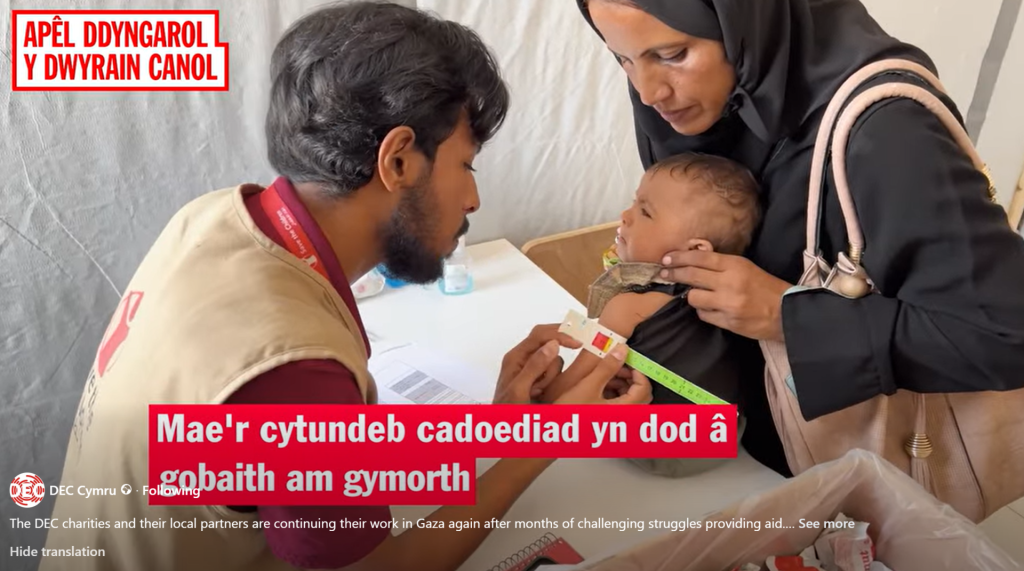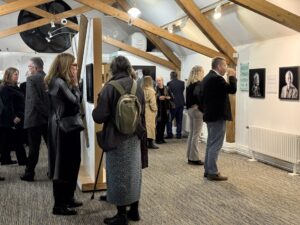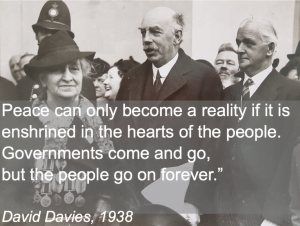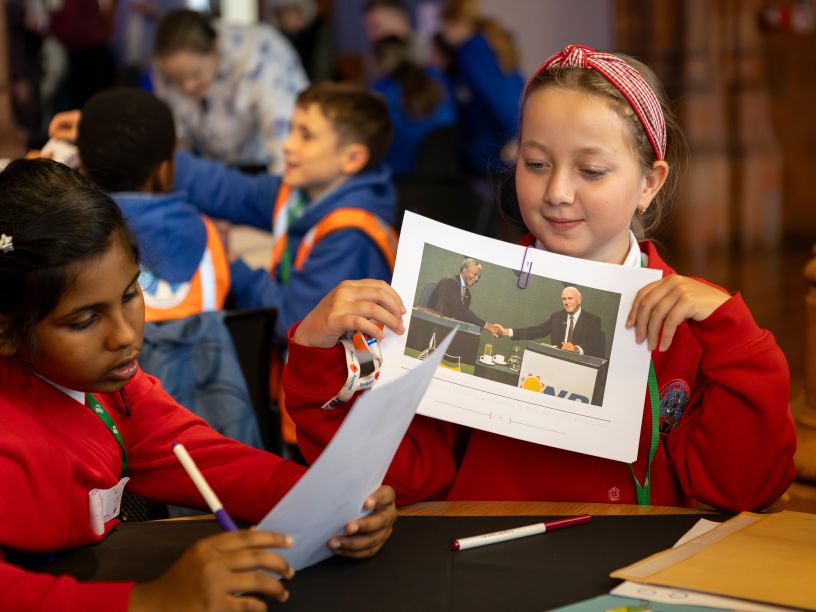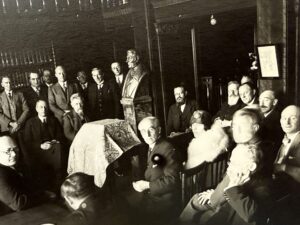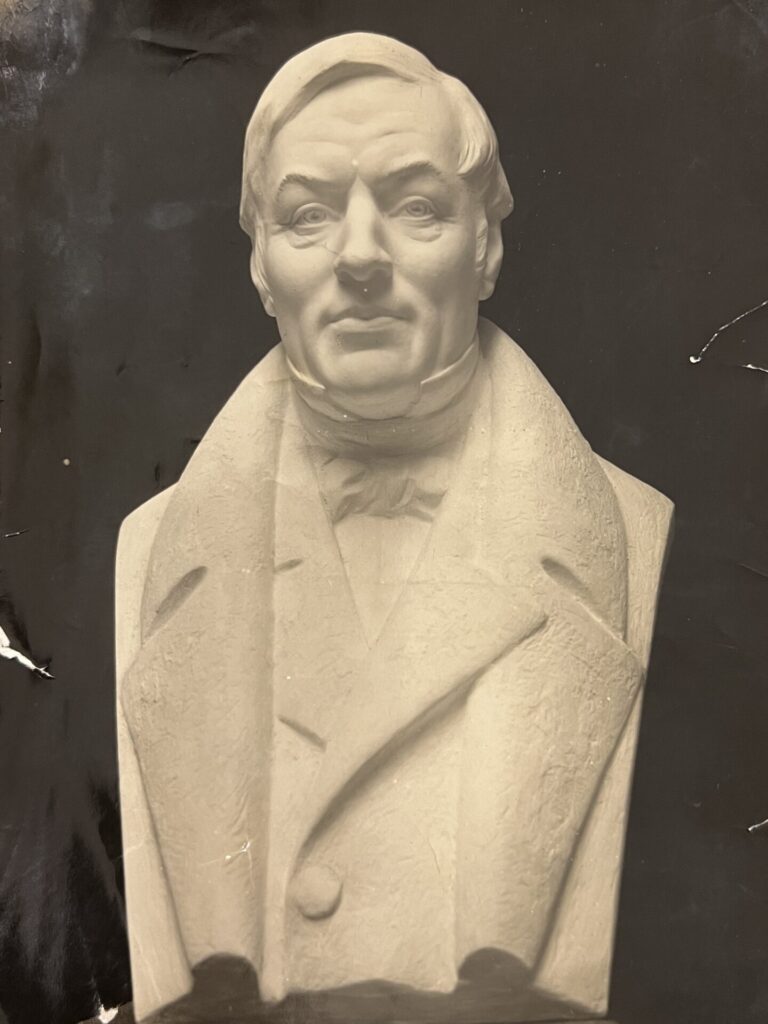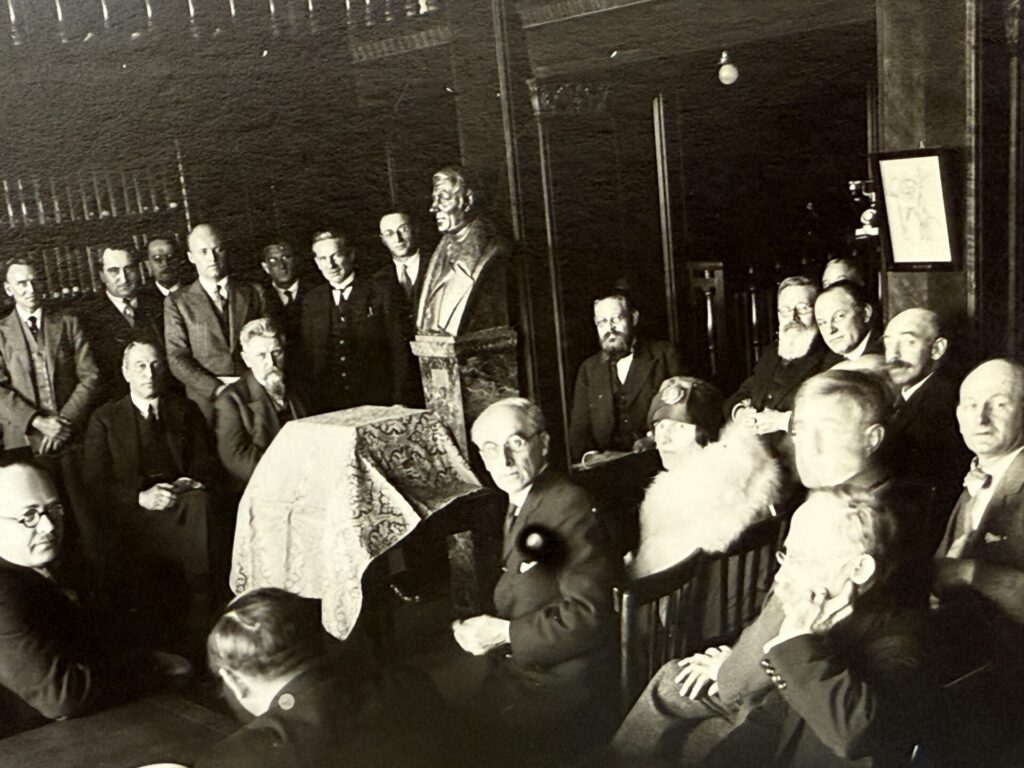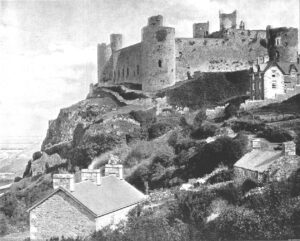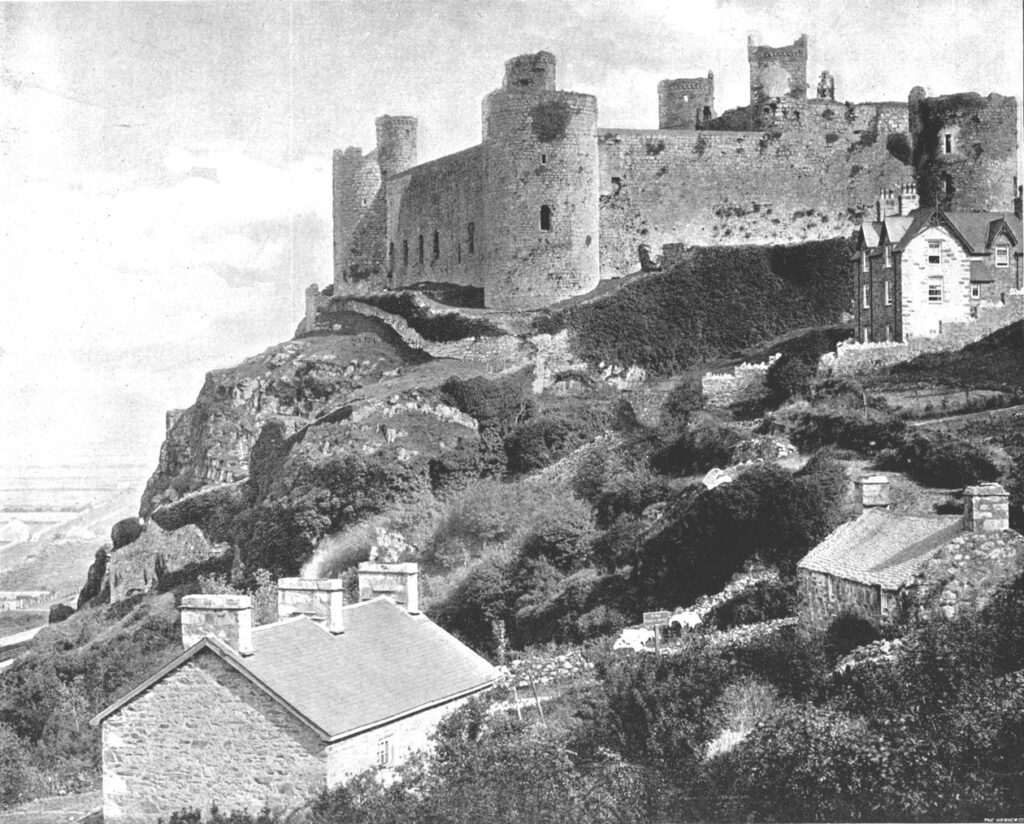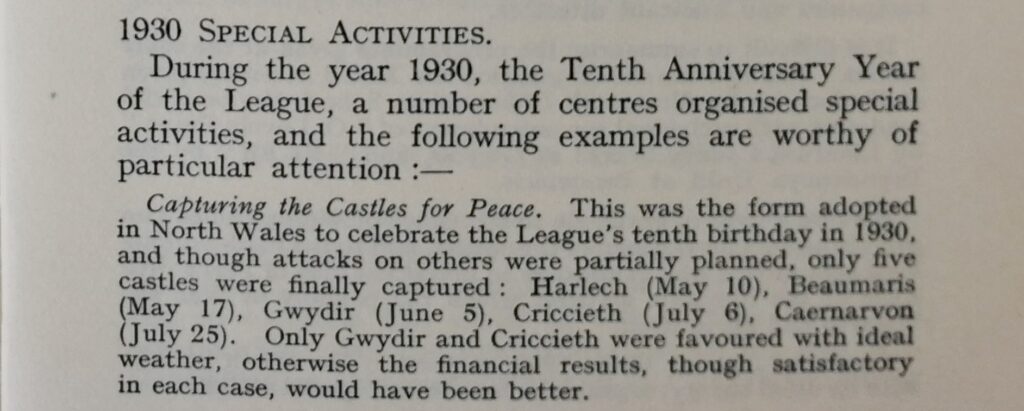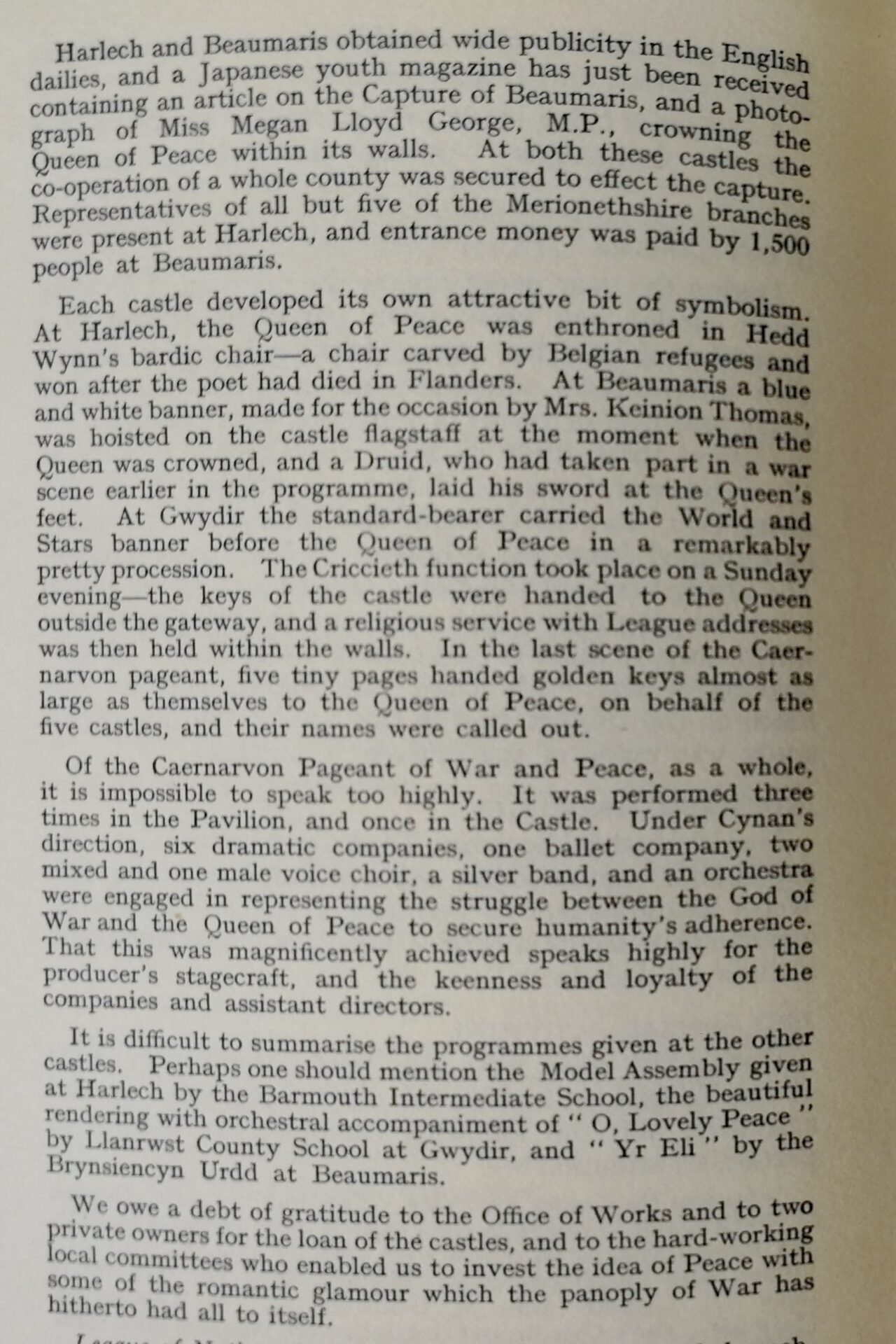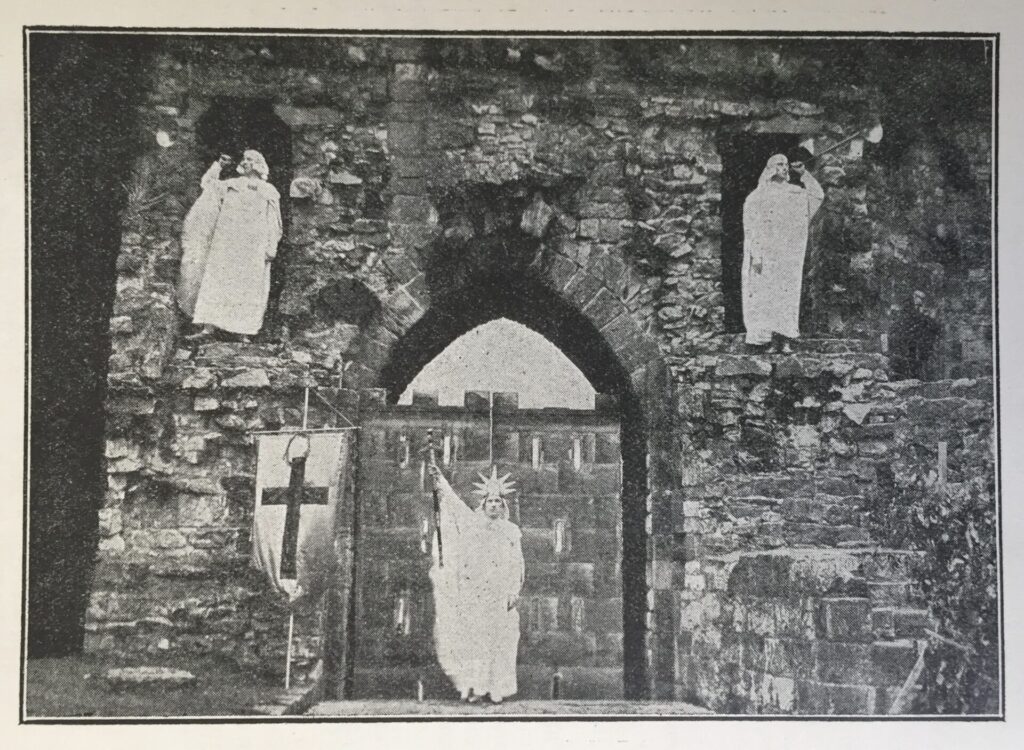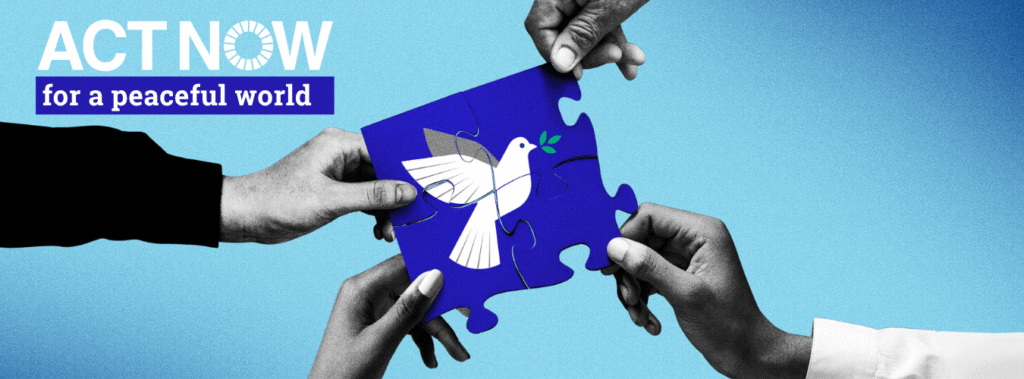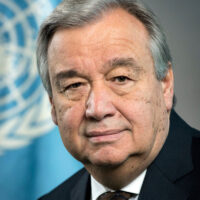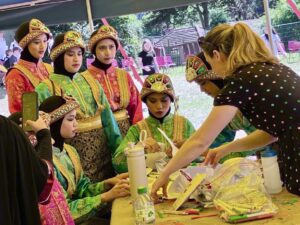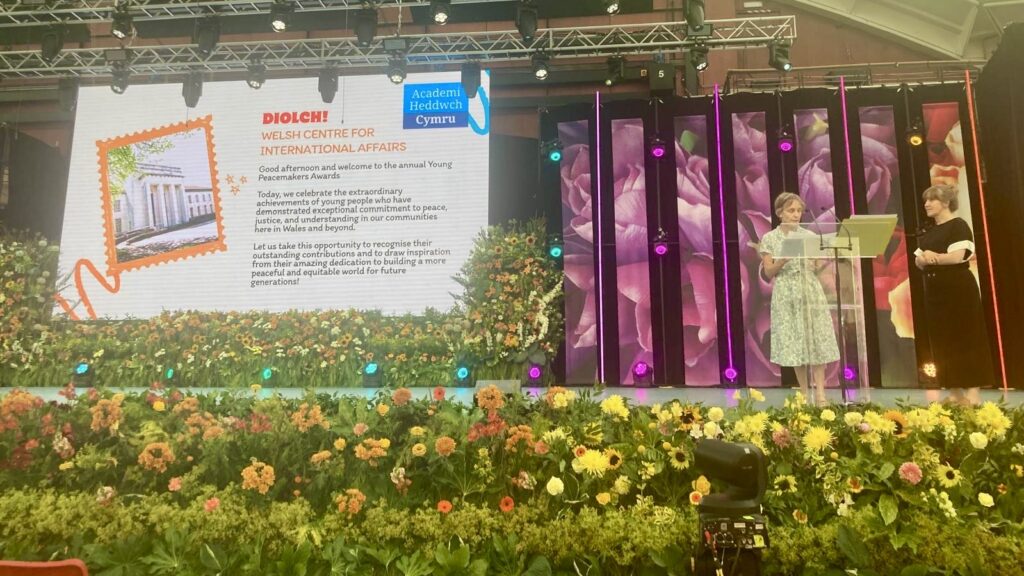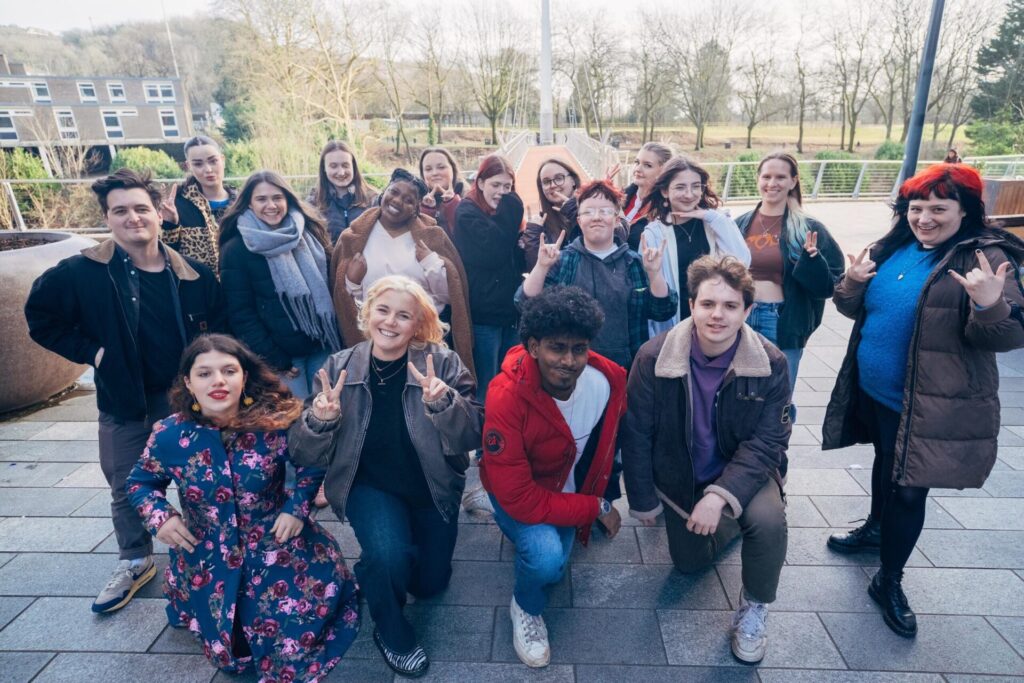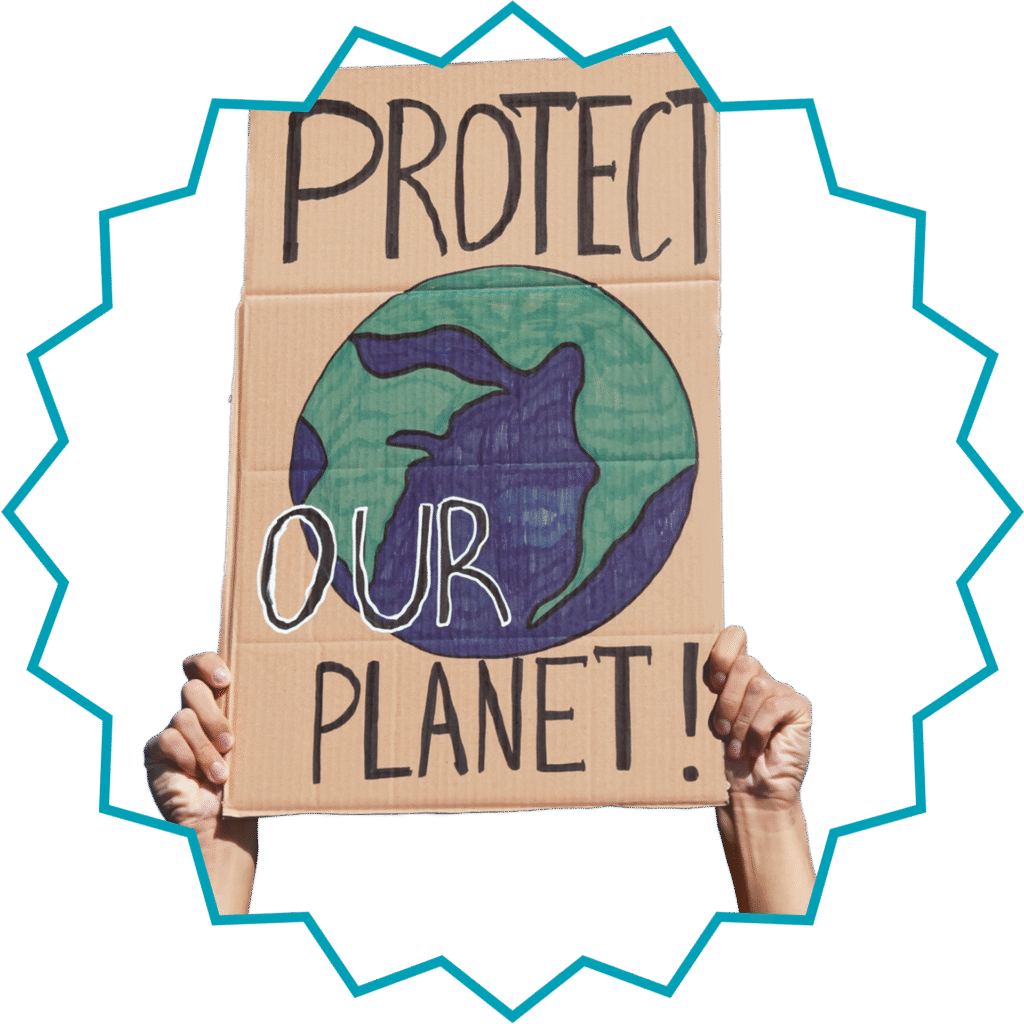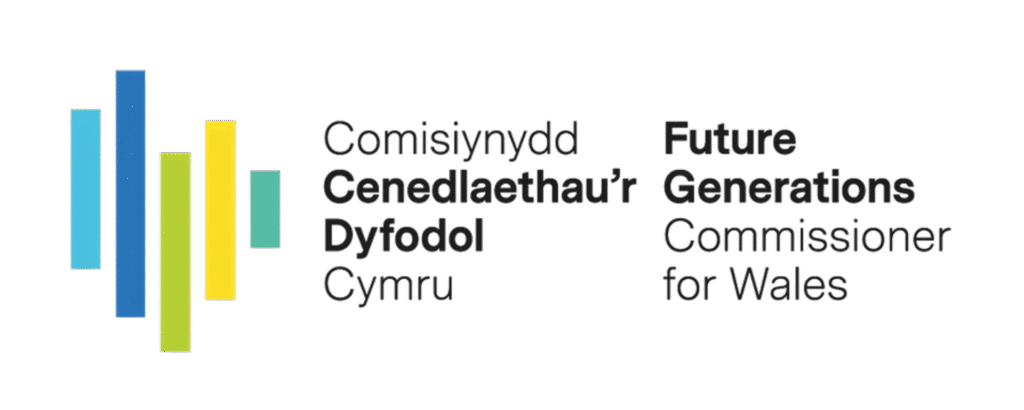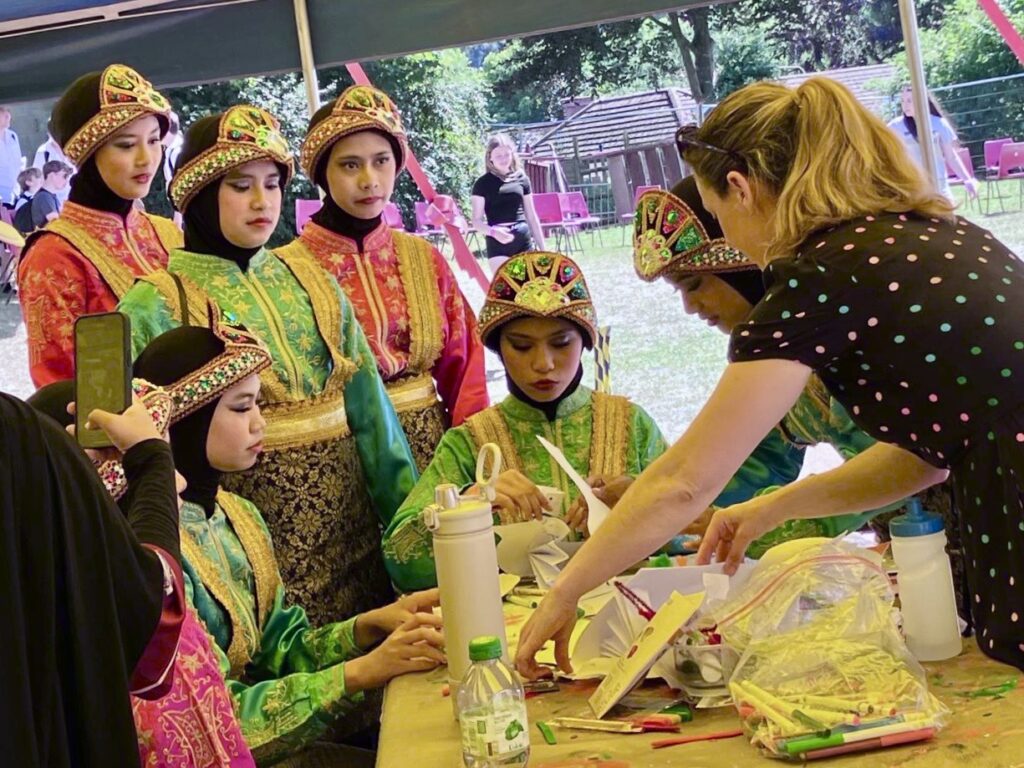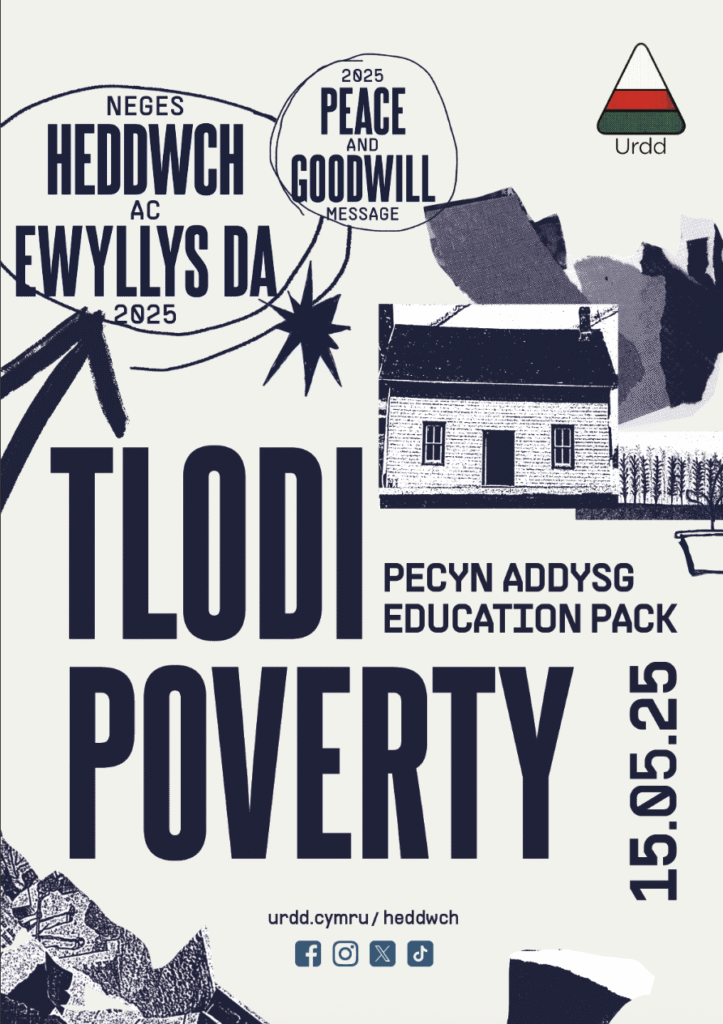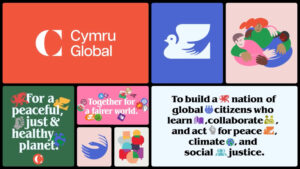The 1935 Peace Ballot in Wales
By Rob Laker, History Masters Researcher, Swansea University (student placement with WCIA’s ‘Peace Heritage’ programme).
[efsbutton size=”” color_class=”” align=”left” type=”link” target=”false” title=”Download Printable PDF Booklet” link=”https://www.wcia.org.uk/wp-content/uploads/2020/04/The-1935-Peace-Ballot-in-Wales-by-Rob-Laker-WCIA-Peacemakers-Feature.pdf”]
 The 1935 Peace Ballot was a UK wide poll of Britain’s electorate designed to measure the public’s opinions regarding the key debates in international relations at the time. Despite lacking government sponsorship, the Ballot received extraordinary attention across the United Kingdom – nowhere was engagement higher, however, than in Wales, which quickly came to be recognised as a leading light in the cause of internationalism.
The 1935 Peace Ballot was a UK wide poll of Britain’s electorate designed to measure the public’s opinions regarding the key debates in international relations at the time. Despite lacking government sponsorship, the Ballot received extraordinary attention across the United Kingdom – nowhere was engagement higher, however, than in Wales, which quickly came to be recognised as a leading light in the cause of internationalism.
“1,025,040 people in Wales voted in the Peace Ballot of 1935… 62.3% of eligible registered voters”
Between the wars, a new form of outward-looking patriotism had become an important part of Welsh national identity, as ordinary people worked actively to create a Wales which existed at the centre of the international community. Local branches of the Welsh League of Nations Union were active in every corner of Wales, running cultural events such as ‘Daffodil Days’ – the since forgotten annual custom of selling daffodils in aid of the League – and coordinating networks of local activists. This pride in their nation’s role in the quest for international harmony manifested itself in Welsh responses to the Peace Ballot, producing an overwhelming endorsement for the cause of internationalism.
The UK Ballot
By the end of 1933 it seemed that the international order was unravelling: the World Disarmament Conference had failed to produce results, Germany had withdrawn from the League of Nations, and the organisation had proved itself unable to resolve the Manchuria Crisis.
Internationalists in Britain, however, were anxious that the government remain committed to the League, and so the League of Nations Union set about organising the Peace Ballot in order to demonstrate the British people’s unwavering commitment to internationalism. Between the end of 1934 and the middle of 1935, half a million volunteers canvassed door to door, collecting ‘yes’ or ‘no’ responses on five key questions:
1) Should Great Britain remain a member of the League of Nations?
2) Are you in favour of all-round reduction of armaments by international agreement?
3) Are you in favour of an all-round abolition of national military and naval aircraft by international agreement?
4) Should the manufacture and sale of armaments for private profit be prohibited by international agreement?
5) Do you consider that, if a nation insists on attacking another, the other nations should combine to compel it to stop –
a) by economic and non-military measures?
b) if necessary, military measures?
Despite being independently conducted, the Ballot – which received 11.6 million responses nationwide – has been described as Britain’s first referendum, and was highly effective in stimulating engagement with the key issues dominating international politics. The poll did not disappoint its organisers, for the result was an emphatic endorsement of internationalist policies from the British public.
- An astonishing ninety-seven percent of voters felt that Britain should remain in the League
- while ninety-four percent believed that it should outlaw the arms trade
Read more
- ‘Arming All Sides’: A Vote for Peace – Campaign Against the Arms Trade
- ‘The Politics of the Peace Ballot’ – New Histories Magazine (2012)
The Welsh Case
In Wales, the organisation of the Ballot fell solely on the shoulders of the Welsh League of Nations Union (WLNU), a challenge which it took up with great enthusiasm. Vast reserves of internationalist sentiment, which permeated every corner of Welsh society, were an important part of interwar society. To believe in Wales was, in this period of salient hope, to actively pursue the cause of peace, thereby locating the Welsh as a ‘force for good’ at the crux of global anxieties.
Google Map of Communities who organised Daffodil Days between 1925-39, collated by Rob Laker for his feature article on Daffodil Days of the WLNU . Zoom, or click on pins, to find individual communities. Further info on local activism can be gleaned from Welsh League of Nations Union reports (digitised by WCIA on People’s Collection Wales).

Lord David Davies of Llandinam (painted by Sam Morse Brown: National Museum of Wales collections)
As a result, Lord David Davies (who co-founded the Welsh League of Nations Union with Rev Gwilym Davies) was determined that Wales should produce a spectacular result in the Ballot which he viewed as the very ‘essence of democracy’.
Drawing upon a committed network of volunteers across Wales, supplemented by an army of canvassers (paid at the personal expense of Lord Davies), WLNU representatives went door to door in nearly every Welsh town and village collecting responses.
The responses proved to be an affirmation of Wales’ internationalist credentials, as over one million adults voted in the Ballot – which at the time, represented 62.3 percent of the Welsh electorate (24 percent higher than the average across Britain as a whole).
 As of 6th June 1935, the top twelve constituencies in Great Britain with the highest percentage turnout were all in Wales, in some of which over eighty percent of the total electorate responded to the ballot (RH).
As of 6th June 1935, the top twelve constituencies in Great Britain with the highest percentage turnout were all in Wales, in some of which over eighty percent of the total electorate responded to the ballot (RH).
In a few cases, turnout was particularly spectacular. In Llanerfyl (Montgomeryshire), for instance, all 304 of its adult inhabitants responded to the poll, likely a testament to the zeal of local activists.
Turnout was in fact much higher in villages than in large towns across the board, and despite hosting the headquarters of the Welsh League of Nations Union, Cardiff produced some of the lowest turnouts of the poll.
We can interpret this as evidence that the success of the Ballot in Wales rested not just in the League’s popularity, but in the strength of Welsh community activism. It is highly likely that organisers in villages such as Llanerfyl (Montgomery) and Nantlle (Gwynedd) were able to achieve a 100 percent response rate because they operated in a tight-knit community, allowing them to rally support face-to-face, one neighbour at a time, in a way which proved more difficult in larger cities.
It is worth noting, however, that despite the strategy of going door-to-door in their local communities, activists were still able to obtain phenomenal results from many larger towns. In Port Talbot, for example, 82.8 percent of the town’s 27,000 adults voted.
Viewed in this light, the results of the Ballot are a testament to the strength and scale of the local networks upon which the Welsh League of Nations relied upon for support.
The way in which Welsh people voted also reflects the strength of their commitment to internationalism. In fact, just 1.7 percent of voters in Wales wanted to leave the League – around half the national average – while Welsh voters were consistently more often in favour of disarmament.
Wales had proved itself a ‘special case’. As historians such as Helen McCarthy have noted, the League of Nations Union was the largest ‘League themed’ society of any in Europe and easily enjoyed the most popular support. It is not unreasonable then, in light of the disparity between Wales and the rest of Britain in Ballot responses, to conclude that…
“in 1935 the Welsh ‘were the most ardently internationalist nation in Europe’.”
Digitised Wales Peace Ballot Records
This collection draws together leaflets, voting forms, campaigner bulletins, articles and analysis by the Welsh League of Nations Union for the 1935 Peace Ballot - a national canvass of public opinion on Peace in the context of the then-escalating European Arms Race. Although the Peace Ballot was an initiative by the UK League of Nations Union, Wales set out explicitly to 'lead the way' and 'top the polls,' to demonstrate the strength of feeling in favour of peace, 16 years after the end of WW1. The bulletins gave a detailed breakdown of progress on the Ballot, returns from each county of Wales (with comparisons to England), and analysis / encouragement from key figures in Wales' Peace movements. The bulletins carried motivational 'Opinion Pieces' from leaders of Wales Peace movements, such as Gwilym Davies and David Davies; and in depth analysis of the returns received from constituencies all over Wales Later bulletins and introduction of 'YMLAEN / ONWARD' newsletter, explore implications of the results for Wales' peace building movements, and impact upon domestic and international political affairs - in particular, the meeting of the 1936 League of Nations in Geneva, which was regarded as a failure on the part of national governments. A poster graphic illustrates the UK-wide results, and Wales' leading place within the polls - with 5 of the top 10 constituency returns being Anglesey, Aberdare, Swansea East, Rhondda West and Merthyr Tydfil.
Outcomes for Britain
The will of the people was unequivocal – Wales and Britain wanted to remain in international circles – what this meant, however, remained open to interpretation.
The organisers of the Ballot presented the result to the prime minister and his cabinet, but it quickly became clear that, due to the binary nature of responses, that the format of the Ballot was a poor vehicle for dictating policy.
‘Remain may have meant remain’, and ‘disarm may have meant disarm’… but the Ballot gave no sense of the scale or manner of which these aims should be pursued.
This left little room for nuance, and instead general opinion was measured without details of its practical implementation. The failure of Ballot organisers to frame the poll’s questions within the myriad complexities of Britain’s international position, made integration of the Ballot’s result into policy making both confusing and impractical – and so the consequences of the Ballot in Britain’s foreign policy are hard to identify.
The Ballot may have failed to significantly influence policy, but the strength of the poll lay in its ability to measure popular opinion. It demonstrated that an overwhelming majority of the population supported Britain’s active involvement in the League of Nations, even if there was no uniform vision of what that involvement should look like.
Across Britain, League of Nations Union branches enjoyed a surge in membership and enthusiasm for the League which, despite the Abyssinia Crisis and the aggression of Hitler, was maintained right up until the outbreak of the Second World War.
UK wide returns against the 5 questions posed by the Peace Ballot.
Outcomes for Wales
The Welsh League of Nations Union had a very clear idea of what the result should mean for Wales. For Gwilym Davies (Organiser of the WLNU) the result of the Ballot was ‘the vindication of the democratic right of a free people’ and a demonstration of the ‘notable achievements’ of Wales in the cause for world peace.
- Click here to read Gwilym Davies ‘Bulletin No.6’, and to see how towns and villages across Wales voted in the Ballot.
In a bulletin on the subject of ‘facing the future’, Davies called for the ‘Welsh million’ to be converted into one hundred thousand new members across Wales. While this roughly eight-fold increase failed to materialise itself,
the WLoNU organisation more than doubled in size, reaching 27,545 paid members by 1937 – the highest at any point in the interwar period.

For Wales, Gwilym Davies published a Constituency by Constituency Analysis of the 1935 Peace Ballot voting returns – which can be viewed on People’s Collection Wales at: www.peoplescollection.wales/items/1247091
Clearly then, far from being a fleeting spike of interest, the Peace Ballot was the source of revitalisation of Wales’ identity as an international nation.
- Click here to view the WLNU 1935-36 Annual Report ‘Wales and World Peace’ to see how the Peace Ballot featured in the wider work of WLNU, and reflected in their membership figures.
Furthermore, the setbacks suffered by the League of Nations in the mid and late 1930s – instead of leading to disenchantment – only made people in Wales more determined that the principles they had committed to in the Peace Ballot should be upheld. This wave of enthusiasm for peace through internationalism was carried right through to the outbreak of war in 1939 and beyond, later providing the support structures and the much of the personnel for the creation of the United Nations.
One such example is Gwilym Davies himself, Director and co-founder of the WLNU, who not only became president of the Welsh National Council of the United Nations Association, but is considered to be a key architect in the creation of world education & scientific body UNESCO.
Temple of Peace: Headquarters befitting a ‘Booming’ Movement
One of the most striking and longstanding results of the Peace Ballot in Wales is the Temple of Peace and Health, which was opened in Cardiff in 1938.
Envisioned by Lord Davies as ‘a memorial to those gallant men from all nations who gave their lives in the war that was to end war’, construction of the building was started in 1937 at a time when the organisation was rapidly expanding.
It was felt that, in light of the precarious international situation, it was more important than ever for Welsh internationalism to have a headquarters which suitably reflected its growing influence. Thus rose the Temple – a bastion of peace, intended to make good the sacrifice of those who fell in the ‘war that was to end war’.
- View ‘The Great and the Good’ – an account of the opening of Wales’ Temple of Peace.
Today the Temple of Peace still stands – an enduring legacy of the Ballot’s success. The organisations it now houses continue to work in the spirit of the Ballot’s organisers, inheriting the desire that Wales should be at the centre of the international community.
The WCIA – Welsh Centre for International Affairs, founded in 1973, is the modern iteration (the ‘grand daughter’, via UNA Wales) of the Welsh League of Nations Union. WCIA continue the work and vision of WLNU, and the million Welsh people who voted in the 1935 Peace Ballot, to build a better, more peaceful world.
WCIA, like their predecessors, believe that Wales is a nation which can create real and lasting change in the wider world. It is for this proud tradition – driven by the dedication and commitment of local people across Wales – that the galvanising effects of the Peace Ballot should be remembered today.
 Blog article and research by WCIA Research Intern Rob Laker, on placement with Wales for Peace from Swansea University History Dept over Summer 2019 with ongoing research through 2020. Drawing on materials from the National Library of Wales and Temple of Peace Archives; and Annual Reports of the Welsh League of Nations Union 1922-45 on People’s Collection Wales, digitised by WCIA (with support of Swansea doctoral student Stuart Booker) for open access research. Final edit by Craig Owen, Wales for Peace.
Blog article and research by WCIA Research Intern Rob Laker, on placement with Wales for Peace from Swansea University History Dept over Summer 2019 with ongoing research through 2020. Drawing on materials from the National Library of Wales and Temple of Peace Archives; and Annual Reports of the Welsh League of Nations Union 1922-45 on People’s Collection Wales, digitised by WCIA (with support of Swansea doctoral student Stuart Booker) for open access research. Final edit by Craig Owen, Wales for Peace.
Rob Laker, WCIA Archives Intern













